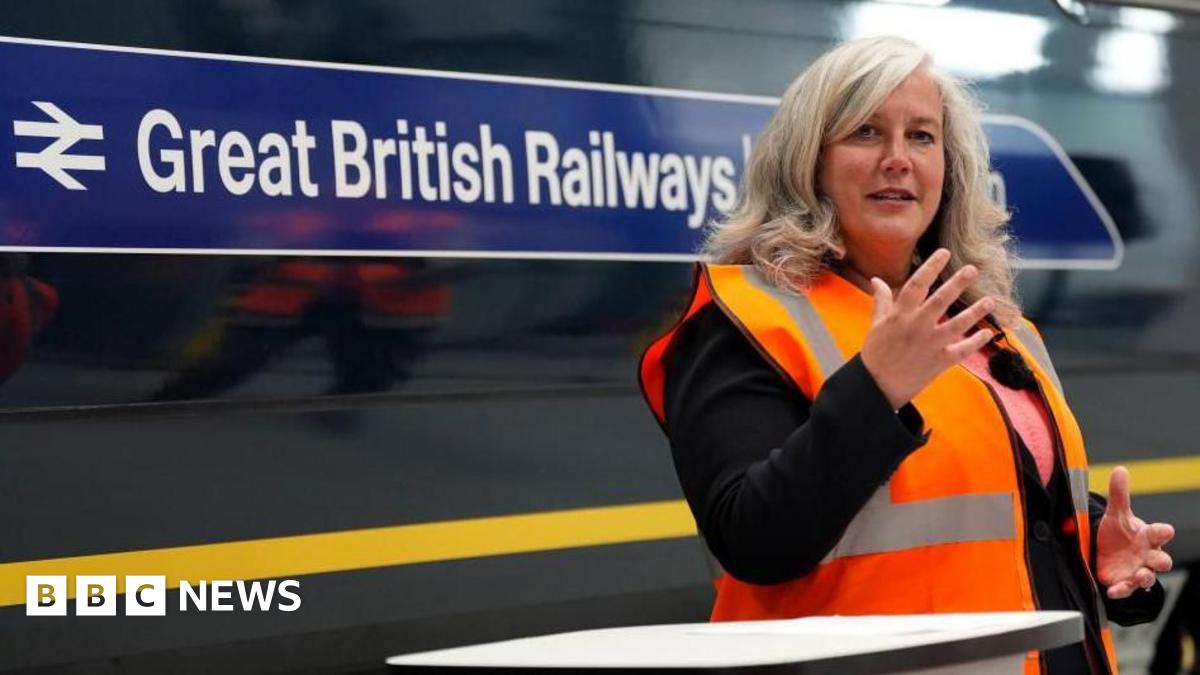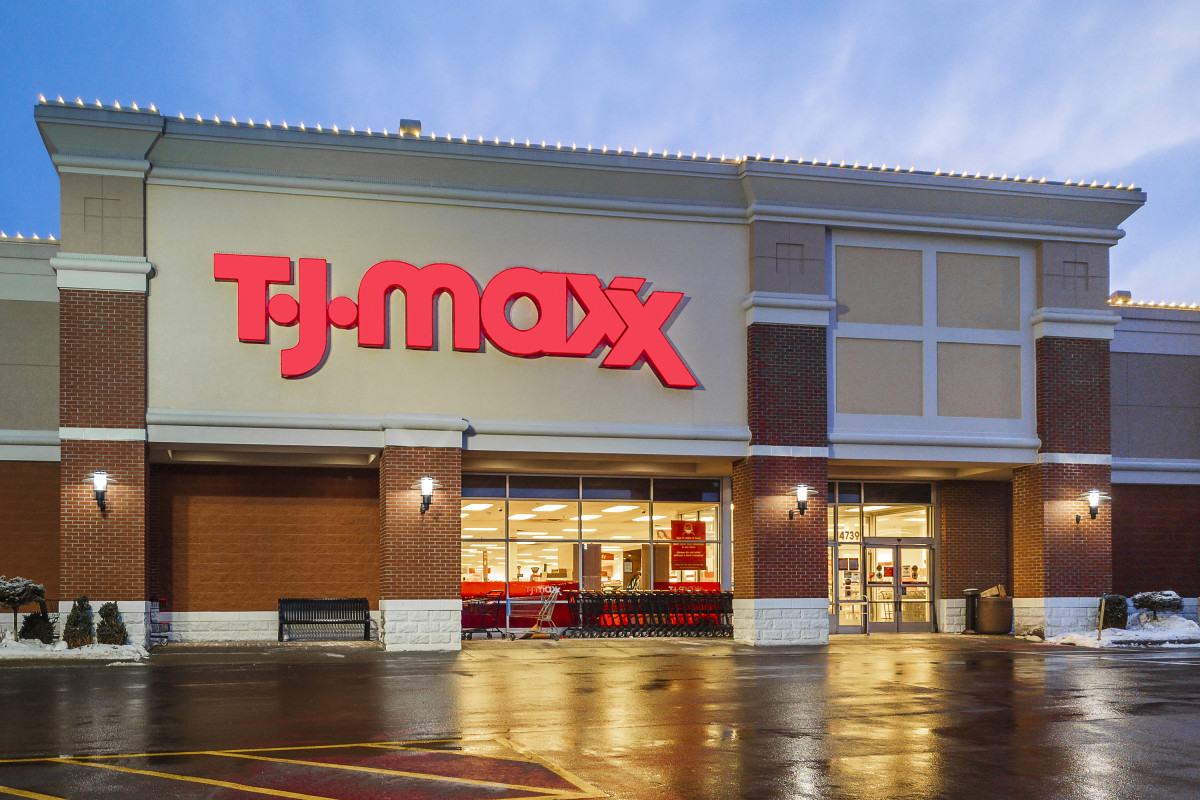Analysis: The Implications Of South Western Railway's Renationalisation Under Labour

Welcome to your ultimate source for breaking news, trending updates, and in-depth stories from around the world. Whether it's politics, technology, entertainment, sports, or lifestyle, we bring you real-time updates that keep you informed and ahead of the curve.
Our team works tirelessly to ensure you never miss a moment. From the latest developments in global events to the most talked-about topics on social media, our news platform is designed to deliver accurate and timely information, all in one place.
Stay in the know and join thousands of readers who trust us for reliable, up-to-date content. Explore our expertly curated articles and dive deeper into the stories that matter to you. Visit Best Website now and be part of the conversation. Don't miss out on the headlines that shape our world!
Table of Contents
Analysis: The Implications of South Western Railway's Renationalisation Under Labour
The potential renationalisation of South Western Railway (SWR) under a Labour government is a significant development with far-reaching implications for commuters, taxpayers, and the wider railway industry. This analysis delves into the potential benefits, drawbacks, and unanswered questions surrounding this controversial policy.
The Labour Party's Stance on Rail Privatisation:
Labour has long been critical of the privatisation of Britain's railways, arguing that it has led to higher fares, poorer service quality, and inflated profits for private companies. Their manifesto pledges often include plans to bring major rail franchises back under public control. SWR, with its history of operational challenges and passenger dissatisfaction, presents a prime target for this policy.
Potential Benefits of SWR Renationalisation:
- Improved Service Quality: Proponents argue that public ownership could lead to improvements in service reliability, punctuality, and cleanliness. This would involve prioritising passenger needs over profit maximisation, a common criticism levelled against private operators.
- Fare Reductions: A key promise of renationalisation is the potential for lower fares. Publicly owned railways could potentially operate with lower profit margins, passing savings onto commuters.
- Increased Investment: The argument is that public ownership would allow for greater investment in infrastructure upgrades, new rolling stock, and improved signalling systems, leading to a more efficient and modern railway network.
- Greater Accountability: A publicly owned SWR would be directly accountable to the government and, theoretically, more responsive to public concerns and demands.
Potential Drawbacks and Challenges:
- Financial Burden on Taxpayers: Renationalisation would require significant upfront investment from the government, potentially placing a burden on taxpayers. The long-term financial viability of a publicly owned SWR also remains a key question.
- Bureaucracy and Inefficiency: Critics argue that publicly owned entities can be prone to bureaucratic inefficiencies and lack the dynamism of the private sector. Concerns exist about potential job losses or salary increases if a public body is forced to follow the rules and pay scales of the Civil Service.
- Lack of Competition: The removal of SWR from the private sector could reduce competition within the railway market, potentially hindering innovation and preventing the best operators from bidding for contracts.
- Political Interference: Publicly owned entities can be susceptible to political interference, potentially leading to decisions driven by political expediency rather than operational efficiency.
Unanswered Questions:
- Funding Mechanisms: The specifics of how renationalisation would be funded remain unclear. Will it involve borrowing, increased taxation, or a combination of both?
- Operational Model: The exact operational model for a renationalised SWR needs to be defined. Would it be managed directly by the government, or through a newly created public body?
- Staffing and Employment Rights: What implications will renationalisation have on the current workforce? Will their jobs be secure, and will they receive the same or better employment terms?
Conclusion:
The potential renationalisation of SWR under a Labour government is a complex issue with significant implications. While it holds the promise of improved services and lower fares, it also presents considerable challenges in terms of funding, efficiency, and potential political interference. A thorough cost-benefit analysis, coupled with a clear and transparent operational plan, is crucial to ensure a successful transition if Labour's plans come to fruition. Further debate and scrutiny are essential to navigate this critical juncture for the future of Britain's railways. The public needs to be fully informed about the potential ramifications of this policy before a decision is made. We will continue to provide updates on this evolving story as more information becomes available.

Thank you for visiting our website, your trusted source for the latest updates and in-depth coverage on Analysis: The Implications Of South Western Railway's Renationalisation Under Labour. We're committed to keeping you informed with timely and accurate information to meet your curiosity and needs.
If you have any questions, suggestions, or feedback, we'd love to hear from you. Your insights are valuable to us and help us improve to serve you better. Feel free to reach out through our contact page.
Don't forget to bookmark our website and check back regularly for the latest headlines and trending topics. See you next time, and thank you for being part of our growing community!
Featured Posts
-
 Find T J Maxx Memorial Day Hours Location And Sale Details
May 26, 2025
Find T J Maxx Memorial Day Hours Location And Sale Details
May 26, 2025 -
 Sustainable Lawn Care Repurposing Coffee Grounds For A Healthier Yard
May 26, 2025
Sustainable Lawn Care Repurposing Coffee Grounds For A Healthier Yard
May 26, 2025 -
 Use Your Loyalty Points Navigating The Global Travel Dip
May 26, 2025
Use Your Loyalty Points Navigating The Global Travel Dip
May 26, 2025 -
 Swiatek W Akcji Na Zywo Relacja Z Meczu Igi Swiatek W Roland Garros
May 26, 2025
Swiatek W Akcji Na Zywo Relacja Z Meczu Igi Swiatek W Roland Garros
May 26, 2025 -
 Your Guide To The 2025 Ncaa Di Mens Lacrosse Championship Bracket And Game Updates
May 26, 2025
Your Guide To The 2025 Ncaa Di Mens Lacrosse Championship Bracket And Game Updates
May 26, 2025
Latest Posts
-
 Exploring Dior Cruise 2026 A Roman Themed Fashion Show
May 28, 2025
Exploring Dior Cruise 2026 A Roman Themed Fashion Show
May 28, 2025 -
 Potential Giannis Trade Examining The Nba Teams In The Running
May 28, 2025
Potential Giannis Trade Examining The Nba Teams In The Running
May 28, 2025 -
 The Future Of Mega Philanthropy Examining The 600 Billion Pledge From Hundreds Of Billionaires
May 28, 2025
The Future Of Mega Philanthropy Examining The 600 Billion Pledge From Hundreds Of Billionaires
May 28, 2025 -
 King Charles Canada Trip Balancing Diplomacy Amidst Trumps Controversial Assertion
May 28, 2025
King Charles Canada Trip Balancing Diplomacy Amidst Trumps Controversial Assertion
May 28, 2025 -
 My Harvard Experience Why I Still Support It Over Trump
May 28, 2025
My Harvard Experience Why I Still Support It Over Trump
May 28, 2025
